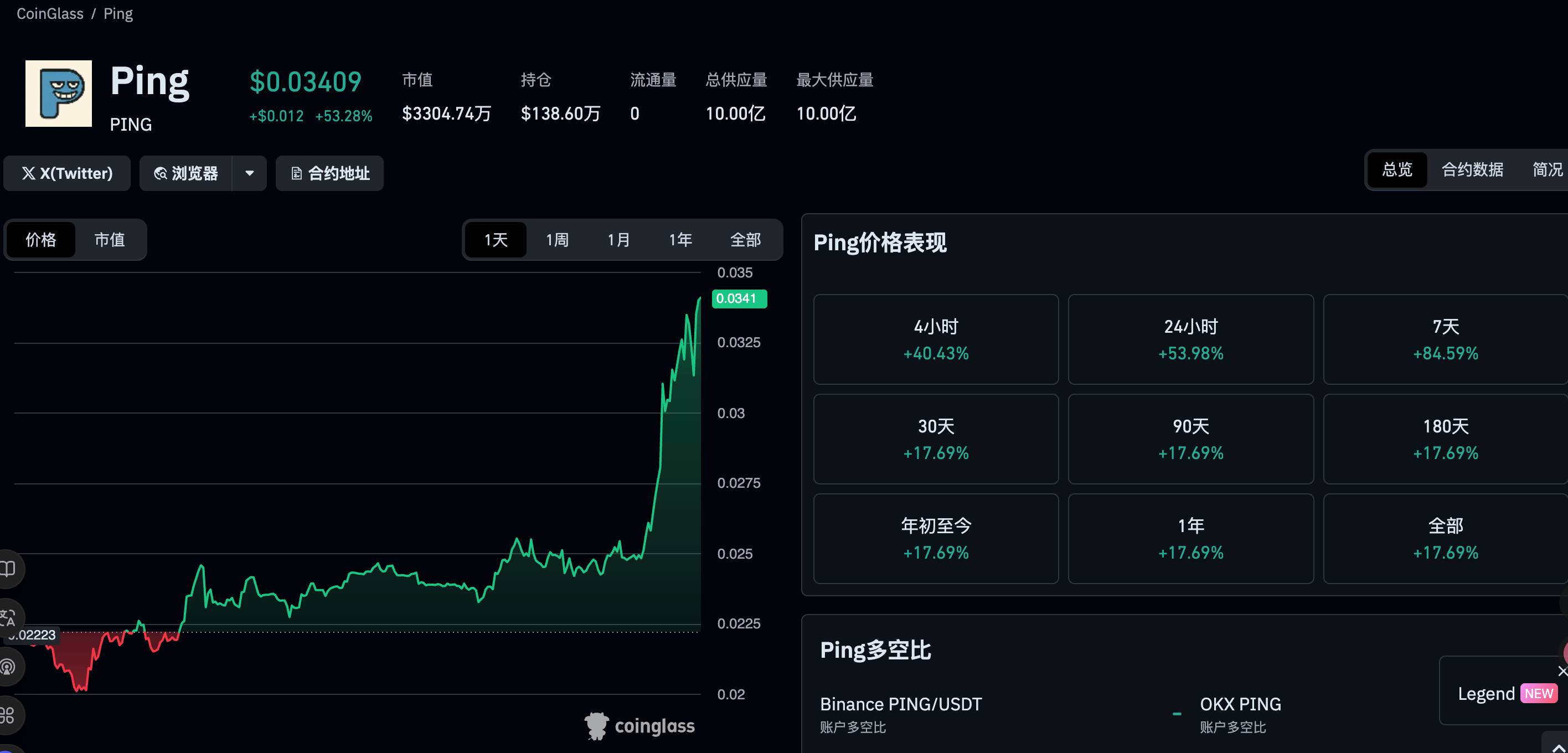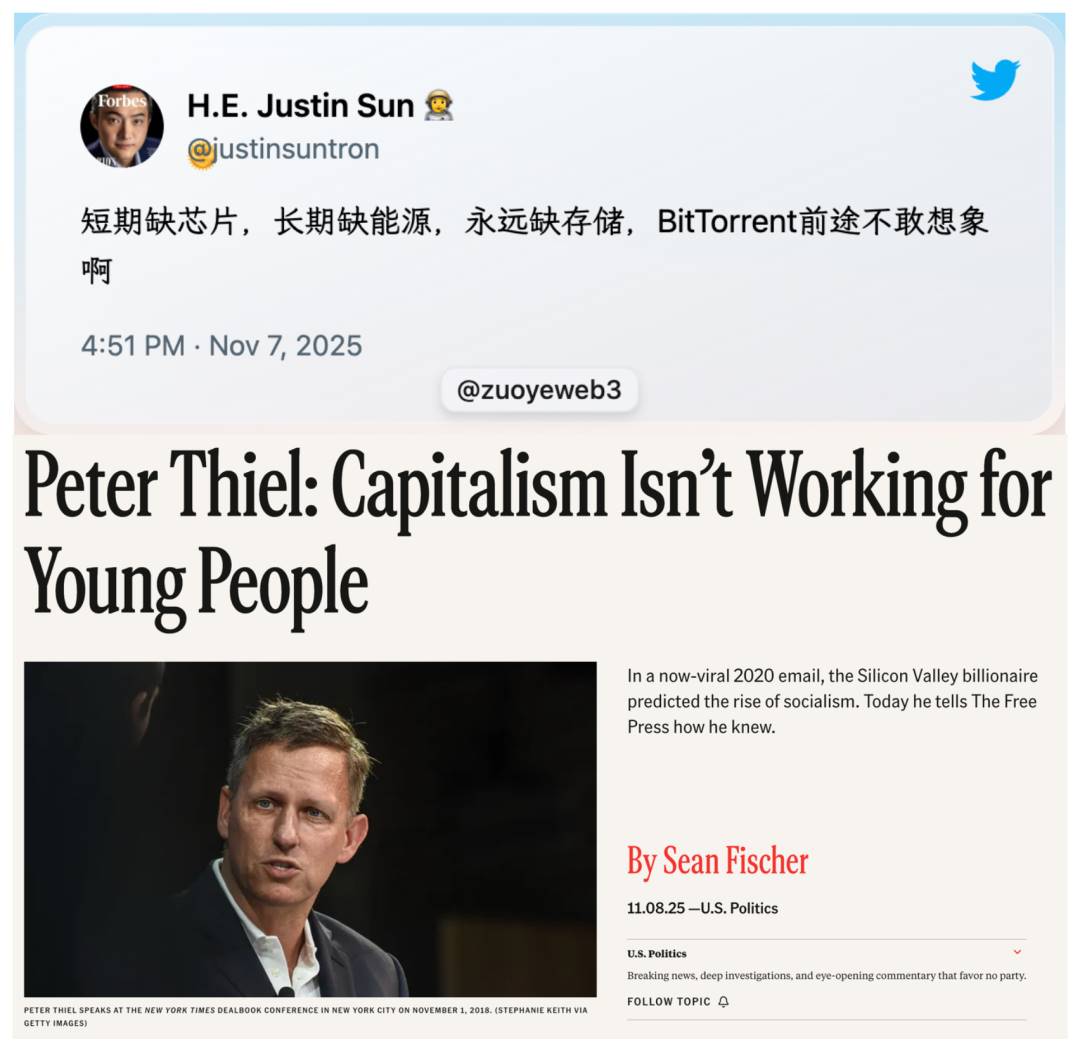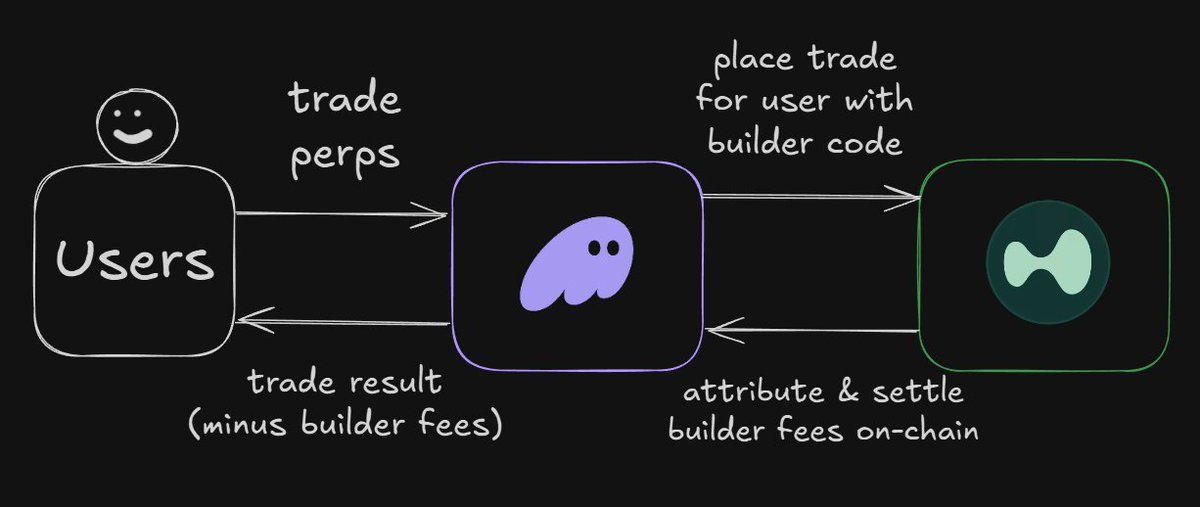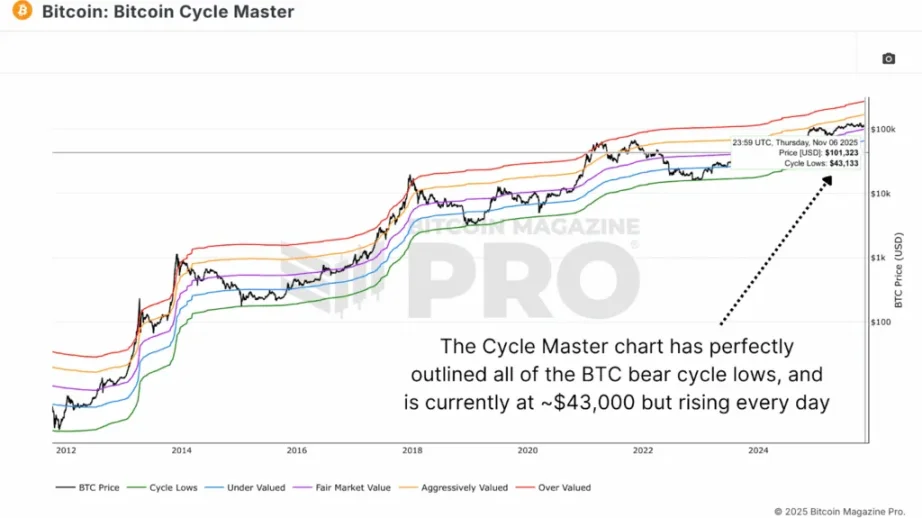Fearless of the AI bubble! Robinhood CEO: Plans to launch a new fund allowing retail investors to invest in companies like OpenAI
CEO Vlad Tenev stated that he hopes ordinary people can participate in the wave of AI disruption, and the fund will invest in more than five top private companies.
CEO Vlad Tenev stated that he hopes ordinary people can participate in the AI disruption wave, and the fund will invest in more than five top private companies.
Written by: Dong Jing
Source: Wallstreetcn
US brokerage Robinhood plans to launch a new fund, allowing retail investors to invest in private AI companies whose valuations have soared. This move marks that the asset management industry is viewing retail investors as a new source of capital for the private market, but the fund’s structure and the company’s lack of management experience have also raised market concerns.
On November 10, it was reported that Robinhood CEO Vlad Tenev said that compared to worrying about whether there is a bubble in the AI industry, he is more concerned about giving "ordinary people" the opportunity to participate in the rapid growth of private AI companies. He stated that AI will create "massive disruption, and we want people to have access to the driving force behind this disruption."
The plan will be managed by Robinhood’s subsidiary Robinhood Ventures, which will operate a tradable fund investing in a highly concentrated portfolio of five or more "best-in-class" private companies, and may use leverage to enhance returns.
This move comes as asset management companies are seeking to tap small investors as a new pool of capital for private markets. In the past 12 months alone, just 10 loss-making AI companies have increased their valuations by nearly 1 trillion USD through private transactions, including top AI developers such as OpenAI and Anthropic.
However, the report also states that this design has prompted data firm Morningstar to warn that "managing such a complex private equity strategy could seriously harm its fast-moving user base."
Aiming at the Private Market: Retail Investors Become New Capital Pool for Asset Management
This move by Robinhood comes as asset management institutions are racing to tap retail investors as a new source of capital for private markets. An executive order signed by President Trump in August last year lowered the threshold for employers to include private equity and private credit assets in retirement plans, paving the way for this trend.
Asset management giants including Blue Owl, Blackstone, and Apollo are expanding their target clients from institutional investors to individual investors. The background of this shift is the continuous shrinkage of the US public market over the past decades.
According to PitchBook data, the number of private US companies valued at over 1 billion USD has soared from 20 in 2016 to over 1,000 in 2024.
In the AI sector, top developers have led the boom in startup valuations. In the past 12 months alone, just 10 loss-making AI companies have increased their valuations by nearly 1 trillion USD through private transactions, with companies like OpenAI and Anthropic representing this wave of enthusiasm.
Closed-End Structure Raises Risk Concerns
According to reports, Robinhood’s planned fund will adopt a closed-end structure, meaning investors cannot redeem their shares quickly at any time. If too many investors seek to exit simultaneously, funds may be trapped.
This design, combined with the company’s relatively limited fund management experience, has raised concerns in the market about the protection of retail investors. Bryan Armour, Director of Passive Strategies Research at Morningstar, warned:
"Managing such a complex private equity strategy could seriously harm its fast-moving user base."
Despite the risks, Tenev said that retail clients, known for buying during stock market downturns, are eagerly seeking such opportunities, even though the investment may face significant risk of going to zero.
He also refuted concerns that the AI boom is a bubble, saying Robinhood clients are "buying AI themes in large numbers." "I don’t think the price-to-earnings ratios (of large tech companies) are seriously out of line," said the CEO, who became one of the representative figures of the meme stock frenzy in 2021 due to Robinhood’s popularity among risk-taking retail investors.
Disclaimer: The content of this article solely reflects the author's opinion and does not represent the platform in any capacity. This article is not intended to serve as a reference for making investment decisions.
You may also like
$PING rebounds 50%, a quick look at the $PING-based launchpad project c402.market
c402.market's mechanism design is more inclined to incentivize token creators, rather than just benefiting minters and traders.

Crypto Capitalism, Crypto in the AI Era
A one-person media company, ushering in the era of everyone as a Founder.

Interpretation of the ERC-8021 Proposal: Will Ethereum Replicate Hyperliquid’s Developer Wealth Creation Myth?
The platform serves as a foundation, enabling thousands of applications to be built and profit.

Data shows that the bear market bottom will form in the $55,000–$70,000 range.
If the price falls back to the $55,000-$70,000 range, it would be a normal cyclical movement rather than a signal of systemic collapse.

